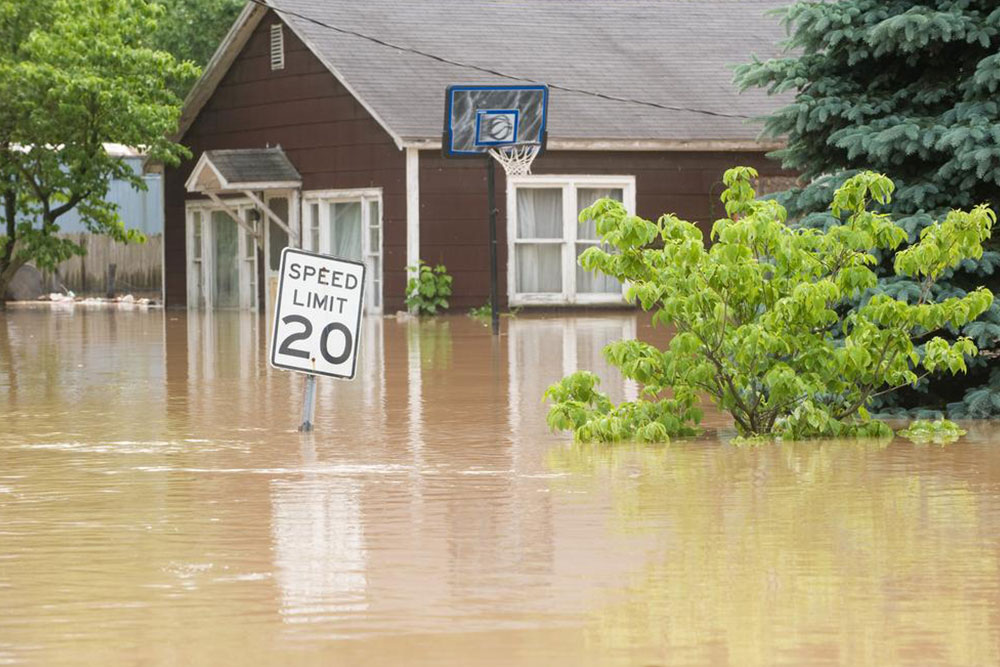Important things you need to know before opting for a flood insurance plan
If you reside in an area prone to floods and have a mortgage on your property, then you should unquestionably get a flood insurance. On the other hand, if you live in locations where there is a low or moderate risk, then opting for such type of insurance would be a clever thing to do as such calamities are erratic. Besides, managing the damage caused by the floods requires a significant amount of financial investment.

How much does the flood insurance cost?
Before offering estimates for flood insurance quotes, the insurance company will assess various aspects of your home and financial profile. Some of these include
- Credit score and report
- Insurance claims made in the past
- Location of your home
- Age of your home
- Your house’s structure and materials
- Coverage expectation
- Deductible and premium expenses
If the insurer senses that the level of risk is high, he/she will offer you will flood insurance quotes which include pricier premiums.
How to get the best flood insurance quotes?
Start by self-inspecting your home and monetary profile and determine the level of potential danger you are facing. Then research about some of the best flood insurance companies and compare their respective flood insurance quotes. If you are planning to buy insurance from NFIP (National Flood Insurance Program a government coverage program), then most insurance companies under it will offer you similar flood insurance quotes. This is because the NFIP regulates the premium rates. But, if you are opting for a private insurance plan, then your flood insurance quotes will fluctuate accordingly.
What are the types of flood insurance plans?
Standard risk and preferred risk are two main types of flood insurance plans. The former is for homeowners who reside in high-risk regions, and the latter is for people who live in low to moderate risk areas. The significant difference between the two is that in a preferred risk policy since the chances of a calamity occurring are low, the insured is permitted to choose which items have to be covered.
What do most flood insurance plans cover?
Depending on the plan you select, flood insurance plans can cover damages related to
- Important home systems such as electrical, plumbing, air conditioning, water heaters, furnaces, etc.
- A range of home appliances such as microwaves, refrigerators, washers, dryers, ranges, freezers, kitchen ranges, etc.
- Property foundation
- Separate garages
- Personal possessions like clothes, furniture, certain home furnishings, electronics, etc.
- Carpeting and window paneling
- Rare belongings such as artwork or fur which is valued till $2500
However, they do not cover compensation for contents stored in basements.
Some of the popular insurance companies for flood coverage are Geico, Travelers, Allstate, MetLife, The Hartford, Farmers, State Farm, etc.